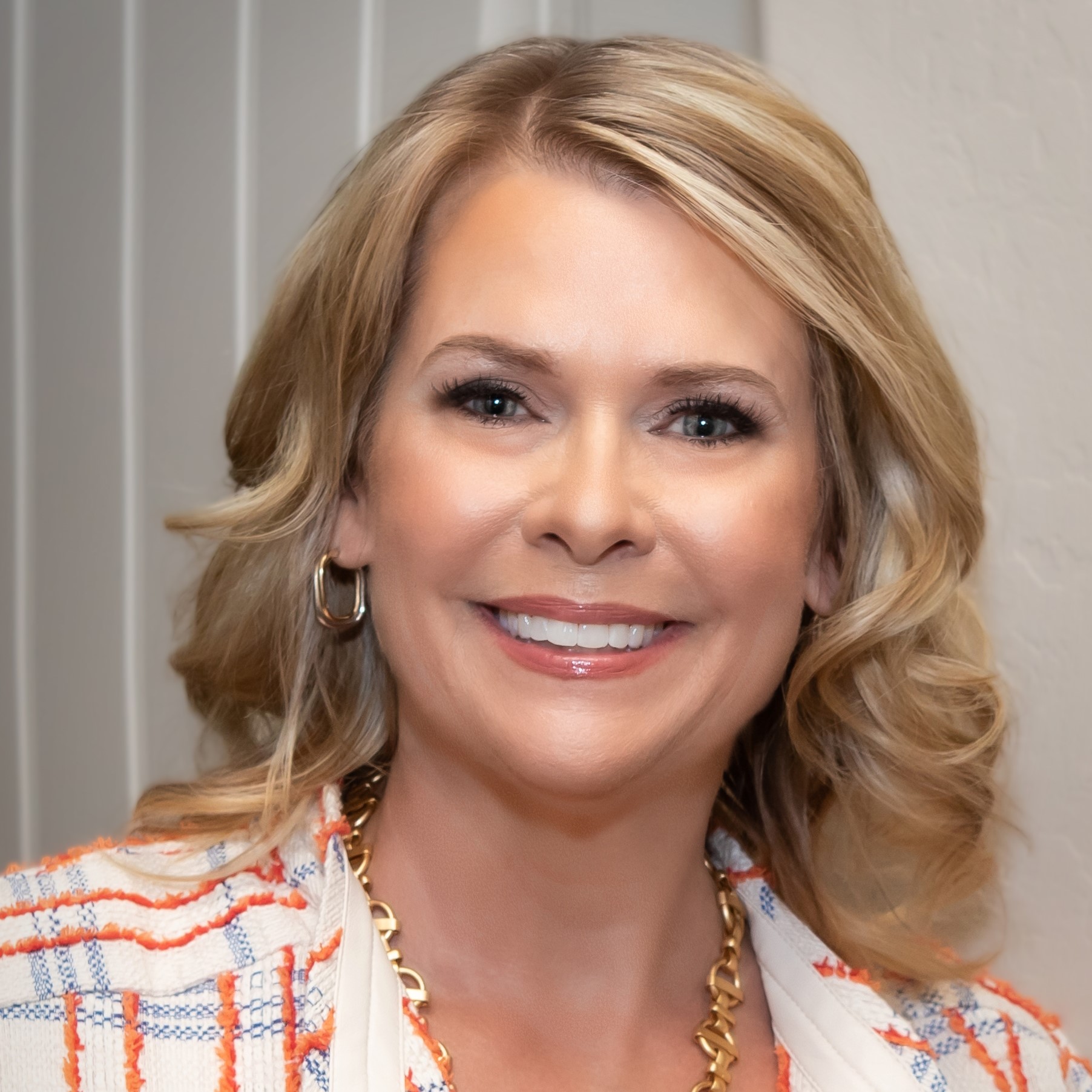As AAPI Heritage Month comes to a close, LISC CEO Lisa Glover reflects on the ways history and culture, honored authentically, can serve as a bulwark against distorted narratives and racist violence.
This week marks the last days of Asian American and Pacific Islander Heritage Month. The commemoration that began as a “heritage week” was first championed in the 1970s by a Congressional staffer named Jeanie Jew, and signed into law by Jimmy Carter in 1979. Nearly 15 years later, Congress finally expanded the week into a recurring month—one that presidents wouldn’t have to re-authorize year after year, as they had been doing.
Jew’s original proposal called on Americans (teachers above all, the bill emphasized) to mark the week with “appropriate ceremonies and activities.” Black History Month and Hispanic Heritage Week (as it was back then) were already in place, and Jew and her supporters knew Asian Americans and Pacific Islanders deserved, and demanded, a level of official recognition, too.

But there was more to it than that. Jew’s great-grandfather, M.Y. Lee, came to the U.S. from China in the 1800s—he helped build the transcontinental railroad and went on to become a successful businessman in California. But sometime around the passage of the Chinese Exclusion Act of 1882, as anti-Asian sentiment flared, he was killed—the victim of an act of anti-Asian violence. The late Rep. Frank Horton, who co-wrote the AAPI Heritage Month bill, described Jew as having transformed “a personal tragedy in her family history into a positive force.” Jew understood that authentic recognition of AAPI heritage required an accurate reckoning with our history.
At LISC, we usually mark AAPI Month (and other commemorations) with a spotlight on the work and immense contributions of our local partners run by, and supporting, AAPI communities. We back dozens of projects, ranging from small business support in New York’s Chinatown to supporting people of Vietnamese descent working in Louisiana fisheries to targeting new investments in Native Hawai’i communities, every one of which represents the extraordinary ways AAPI people continue to build and shape what’s good about America. These celebrations are imperative, to be sure. They are touchstones for community members and non-AAPI people alike, a way to broadcast and appreciate the ways heritage is manifest in our communities.
But so long as anti-Asian discrimination persists and its attendant violence does too, other kinds of recognition are just as important. Since the onslaught of the COVID-19 pandemic, incidents of violent anti-Asian crimes have been an awful constant. Sixteen percent of AAPI people in the U.S. have reported being the victim of anti-Asian attack in the past year alone (the number of unreported crimes is likely much higher). A survey of AAPI elders found that upwards of 75 percent were avoiding leaving their homes, even to buy food, for fear of a racist attack. My daughter-in-law, who is of Asian descent, wears a hat and sunglasses to disguise her ethnicity when she visits an unfamiliar city, for the very same reasons. These experiences, and these numbers, have been a wake-up call for me—a mandate to shine a glaring light on discrimination, current and past. To not let the truth be obscured.
Indeed, a focus on truth and telling our whole American history stand as a bulwark against the erasure—or the radical recasting—of history that is a central tool of white supremacy (the manifesto of the Buffalo shooter is a prime example of ways a racist distorts the past, and thereby, the present). More and more, I am realizing that a clear-eyed understanding of our history is necessary to create a stronger future. It gives us a fighting chance to counter delusional narratives that would perpetuate inequity, and worse.

I know I am not the first person to think that our heritage months should demand more of us. I’m reminded to take stock of where we are as a country, where we’ve come from, and what it takes to move beyond a world where anyone needs a reminder that AAPI history, Black history, Hispanic history, LGBTQ+ and women’s history are all American history. Our commemorative holidays should not act to split off pieces of that history from the others, but reflect the richness of cultures and the power of our shared aspirations for wellbeing.
Which is why, going forward, I will be asking more of myself, as I work to answer Jeanie Jew’s call to action: to honor history, culture and accomplishment, and to help dismantle roadblocks to equity and dignity. Every single month of the year.
about the author
 Lisa L. Glover, Former LISC CEO
Lisa L. Glover, Former LISC CEO
Lisa L. Glover served as LISC’s CEO from February 2021 through September 2023. She wasn a member of the LISC National Board of Directors from 2010 through 2023. An active community leader, she previously served as the Chair of LISC Milwaukee’s Local Advisory Committee. Lisa is a former Executive Vice President at U.S. Bank, retiring in March, 2020 after a 33 year career that included leadership roles in Community Affairs, risk management, and process improvement. Lisa holds a BBA in Corporate Finance from Iowa State University and a Master of Library and Information Science from University of Wisconsin.
Connect on LinkedIn
Related:
Kansas City’s AAPI Community Enriches the City for Everyone
from LISC Kansas City
In Honor of Asian American and Pacific Islander Heritage Month
from LISC LA
In Recognition and Celebration of AAPI Heritage Month
by Ephriam Palmero, Program Officer at LISC Indianapolis